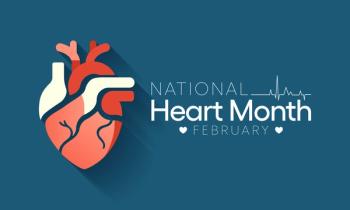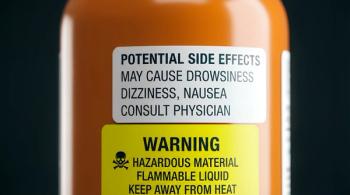
Study Suggests Breast Cancer Overdiagnosis May Happen Less Often Than Believed
Researchers found that in a program of biennial screening of women aged 50 to 74 years, approximately 1 in 7 screen-detected breast cancer cases would be overdiagnosed.
A new modeling study suggests that overdiagnosis of
Overdiagnosis is the discovery of tumors that may never have progressed or caused harm in a patient’s lifetime, according to researchers from Duke University and the Fred Hutchinson Cancer Research Center. The US Preventive Services Task Force (USPSTF) cites overdiagnosis as one of the chief potential harms associated with mammography screenings due to the burden and adverse consequences of unnecessary treatments. Therefore, improving education about overdiagnosis is essential to support shared decision making about screenings.
However, the risk of breast cancer overdiagnosis in contemporary screening programs remains unclear. According to the researchers, the most widely cited estimates reach approximately 30%.
To further evaluate the risk of overdiagnosis, the investigators examined data from Breast Cancer Surveillance Consortium facilities to analyze the rate of breast cancer overdiagnosis in contemporary mammography practice. The study cohort included 35,986 women, 82,677 mammograms, and 718 breast cancer diagnoses.
To estimate overdiagnosis, the study authors considered a cohort of women whose parameters for disease natural history were given by the best-fitting parameter combinations and who had annual or biennial screening, starting at 50 years of age and until 74 years of age or death from a cause unrelated to breast cancer. The team then modeled the competing mortality risk on the basis of a published age-cohort model for a 1971 birth cohort.
According to the study, the researchers found that in a program of biennial screening of women aged 50 to 74 years, approximately 1 in 7 screen-detected cases would be overdiagnosed. This cohort corresponds to USPSTF recommendations for average risk women and increasing the screening interval to annual screening did not seem to affect the findings.
In an editorial from Massachusetts General Hospital, researchers said these findings could help women who are considering having mammography screening better understand the risk of overdiagnosis. Given that approximately 7 in 1000 women will be diagnosed with invasive or noninvasive breast cancer on the basis of a screening mammogram, women should be told that approximately 1 in 1000 individuals who undergo mammography will be found to have a cancer that would never have caused problems.
Furthermore, assuming that approximately 60% of the 280,000 cases of breast cancer diagnosed in the United States annually are found through mammography screening, eliminating overdiagnosis could spare 25,000 women the cost and complications of unnecessary treatment.
REFERENCE
Breast cancer overdiagnosis may not happen as frequently as previously thought. News release. EurekAlert; February 28, 2022. Accessed March 1, 2022.
Newsletter
Stay informed on drug updates, treatment guidelines, and pharmacy practice trends—subscribe to Pharmacy Times for weekly clinical insights.

































